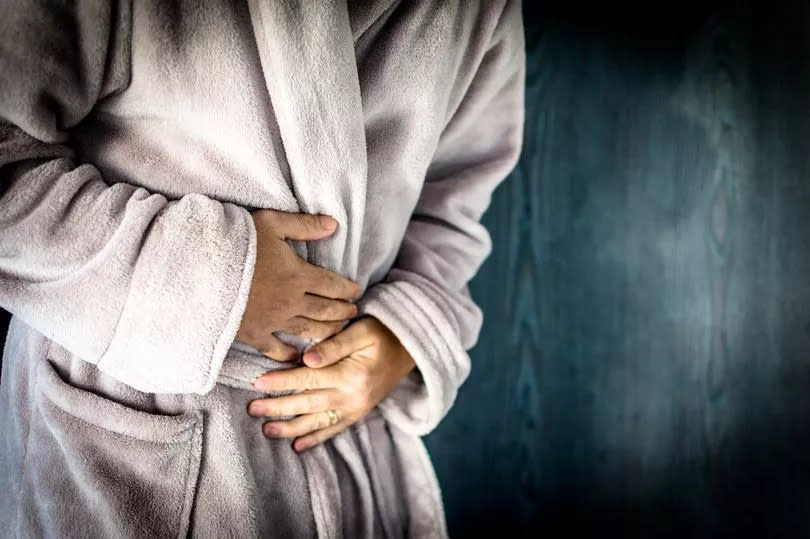NHS warns of cleaning products that 'do not work' on norovirus as cases rise

Brits have been urged to ensure they are using the correct measures to help protect themselves and others from norovirus amid a rise in cases across the UK.
Cases of the vomiting and diarrhoea bug are currently 75% higher than what would usually be expected for this time of year, according to the UK Health Security Agency (UKHSA), with experts believing the cold spring weather could be to blame. Anyone with symptoms of the virus has been urged to stay off school or work until they have not been sick or had diarrhoea for at least two days, as this is when it is at its most infectious.
Norovirus can spread very easily from close contact with an infected person, touching contaminated surfaces or objects and then touching your mouth, or eating food that has been prepared or handled by someone who has the virus. However, some common products that you may typically use to maintain good hygiene won't kill norovirus, the NHS has warned.
The health service advised that alcohol hand gels do not work on norovirus, and that washing your hands frequently with soap and water, particularly after using the toilet and before preparing or handling food, is the best way to help curb the spread. In addition, some household cleaning products may not be effective on norovirus.
Health officials recommend using bleach-based products daily to disinfect any surfaces or objects that could be contaminated, such as toilet seats, flush handles, taps and door handles. NHS Inform also suggests washing any items of clothing or bedding that could have become contaminated separately on a hot wash (60°C) to ensure the virus is killed, as well as avoiding sharing towels and flannels with infected people in your household.
Norovirus can usually be treated at home with rest and plenty of fluids to avoid dehydration, and the symptoms typically last two to three days. However, the NHS advises making an urgent GP appointment or seeking help from 111 if you or your child have had diarrhoea for more than seven days, or vomiting for more than two days.
You should call 999 or go to A&E if you or your child:
Vomit blood or have vomit that looks like ground coffee
Have green vomit (adults)
Have yellow-green or green vomit (children)
Might have swallowed something poisonous
Have a stiff neck and pain when looking at bright lights
Have a sudden, severe headache or stomach ache

 Yahoo News
Yahoo News 
